|
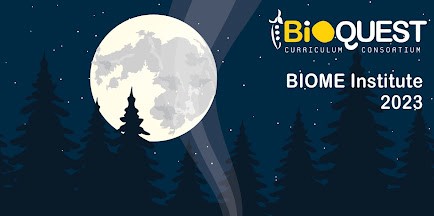
BIOME 2023 Keynote Speakers
We are excited to share our two keynotes that will be joining us at BIOME 2023 this year; Dr. Zakiya Wilson-Kennedy and Dr. Brett Woods. They will each be giving talks relating to this year’s theme, Igniting IDEAS: Inclusive, Diverse, Equitable, and Accessible Communities in STEM communities. Learn more about our speakers below and check out other BIOME news here!
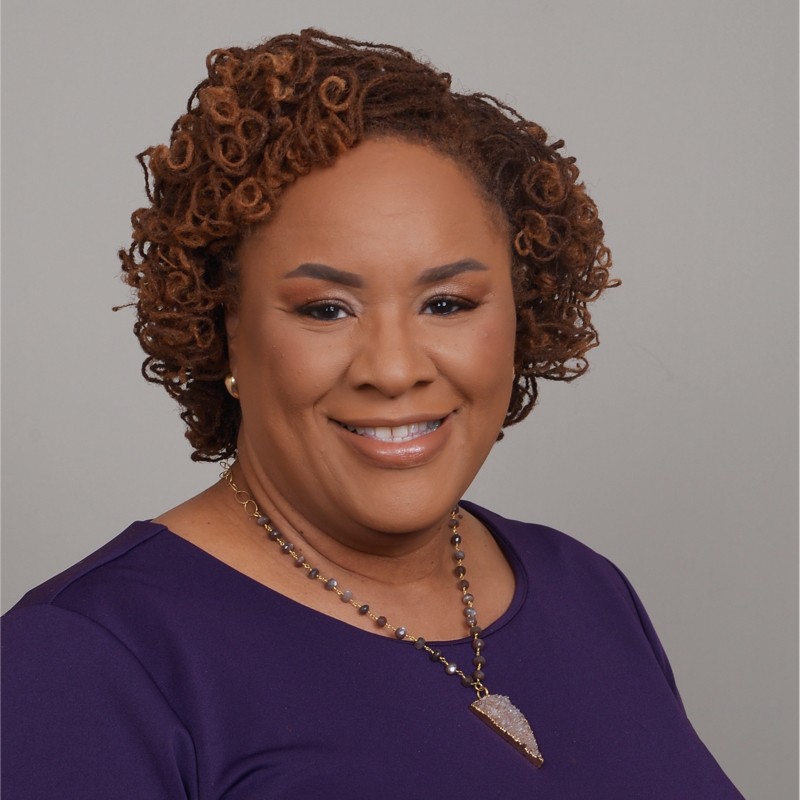
Dr. Zakiya Wilson-Kennedy is an Associate Professor in Chemistry Education and Assistant Dean for Diversity and Inclusion in the College of Science at Louisiana State University. Her research focuses on implementing mentoring models that integrate the theories of identity development, empowerment, social cognitive career theory, and community cultural wealth to create and test development structures that cultivate self-efficacy and agency. In particular, Dr. Wilson-Kennedy's work focuses on groups historically underrepresented in STEM, in addition to faculty and student recruitment, retention, and success.
Dr. Wilson-Kennedy's work is displayed in over 50 peer-reviewed journal articles. Her most recent publications discussing DEI and women of color in chemistry education can be found in the Journal of Chemical Education and the Journal of Science Education and Technology. She also has work published around topics of mentoring and broadening STEM communities. Dr. Wilson-Kennedy recently started the Chemistry Education Research and Practice (CERP) group at LSU which focuses on JEDI (justice, equity, diversity, and inclusion) systemic changes, and understanding the effects of inclusive pedagogical and mentoring strategies across STEM communities.
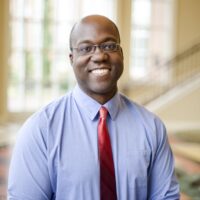
Dr. Brett Woods earned his PhD in Ecology and Evolutionary Biology at the University of Kansas. He studied the physiological ecology of yellow-bellied marmots including their foraging ecology and hibernation physiology. Dr. Woods has worked directly and/or indirectly with over 200 underrepresented minority students in STEM fields. Dr. Woods was a 2014 recipient of the University of Wisconsin System Regents Diversity Award and created the first program to support entering underrepresented minority freshman in STEM fields at High Point University.
In July 2023, Dr. Woods begins as the new Vice President for Academic and Student Affairs and the Dean of the College for Salem College. This new role follows after he served as the Interim Dean of the Wanek School of Natural Sciences, Director of Pre Health Advising, Chair of the Biology Department, and Associate Professor at High Point University.
P.S. If you’re coming across this newsletter on the QUBES website or on social media, you can subscribe here to keep in touch!
In this newsletter:
BioQUEST News
Partner Corner
News and Opportunities
QUBES Corner
Thirty Five open educational resources were published to the QUBES Library in February with 2196 resources in total. Browse the new resources here.
BioQUEST News
Apply for the 2023 BIOME Institute!
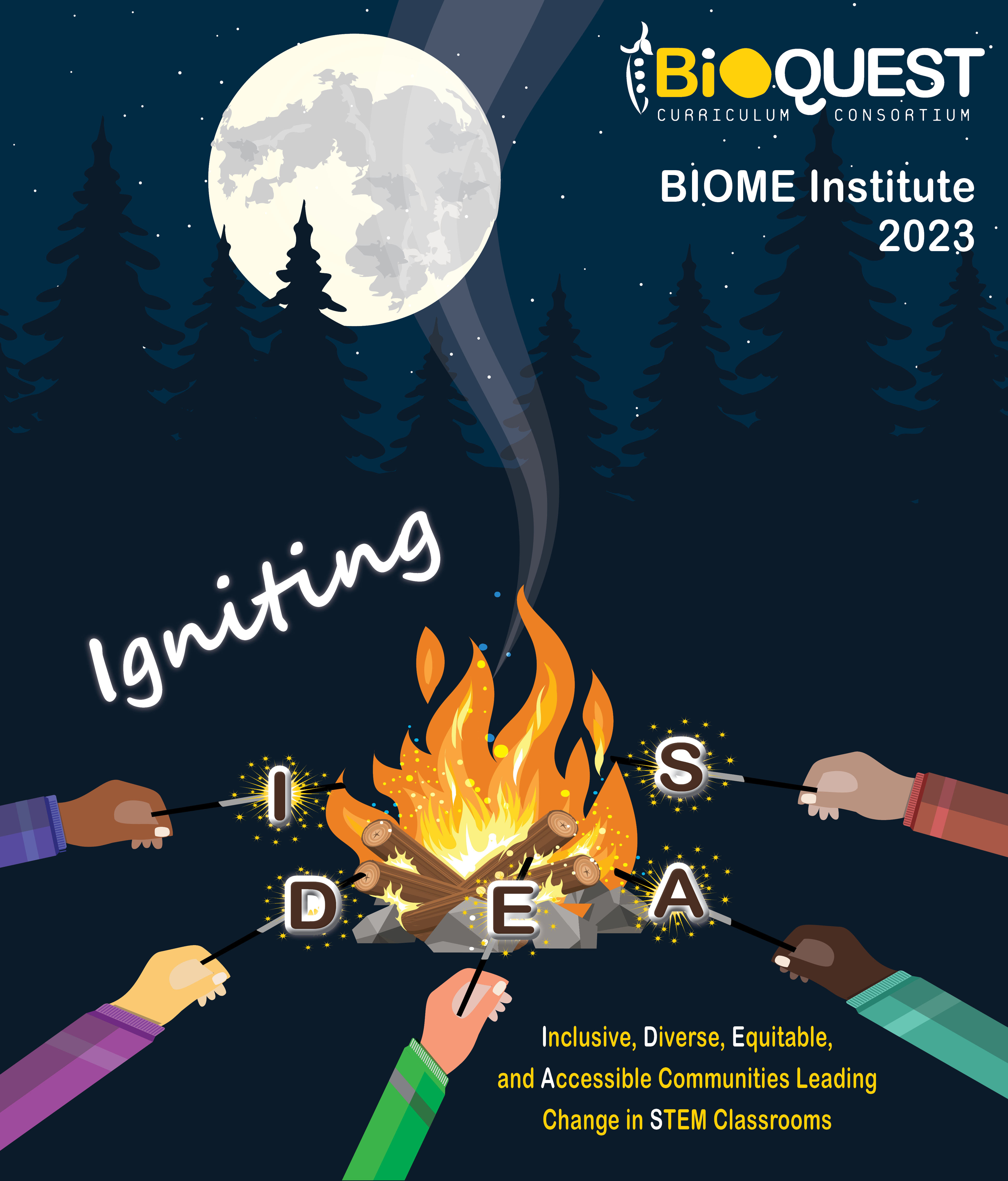
BioQUEST is thrilled to announce the 2023 BIOME Institute, a fantastic professional development opportunity for educators to engage with a community of peers to address an educational challenge--with the goal of improving student outcomes. This year’s theme is “Igniting IDEAS: Inclusive, Diverse, Equitable, and Accessible Communities in STEM Communities.”
Keynotes, discussions, and workshops will focus on creating inclusive learning environments that empower and engage all students, and how inclusive teaching practices can extend into our professional networks and groups. The Institute begins with a virtual slate of programming (July 10-14, 2023), followed by an optional in-person event (July 24-27, 2023) at the University of New Hampshire, and continues into the fall with small working groups. It’s a unique opportunity to connect deeply with a community of educators and to develop and implement practical, innovative, and impactful teaching resources and strategies. You will leave the institute with a community, ideas, materials, and, truly, a whole lot of inspiration!
Find more details here, and we hope to see you. The deadline to apply is April 3rd.
Featured Publications
We are so proud of the amazing scholarly work that is coming out of our community. Congratulations to the authors and thank you for your work.
|
CBE—Life Sciences Education, March 2023
“Quantitative Biology at Community Colleges, a Network of Biology and Mathematics Faculty Focused on Improving Numerical and Quantitative Skills of Students”
Joseph Esquibel, Deborah L. Rook, Sondra M. LoRe, John H. Starnes, Jillian M. Miller, Jennifer G. Buntz, Alys Hugo, Christianne B. Nieuwsma, Heather Seitz, Ahrash Bissell, Louis Gross, Stacey Kiser, Suzanne Lenhart, Michael A. Mills, Claudia Neuhauser, Irene Corriette, Sarah Prescott, Kristin P. Jenkins, and Vedham Karpakakunjaram
Learn how the Quantitative Biology at Community Colleges (QB@CC) RCN-UBE has built a grassroots consortium of CC faculty to engage in interdisciplinary partnerships; publish a collection of quantitative skills–focused resources; and disseminate pedagogical practices widely.
Journal International Journal of STEM Education, February 2023
“Accelerating STEM education reform: linked communities of practice promote creation of open educational resources and sustainable professional development ”
Adam J. Kleinschmit, Anne Rosenwald, Elizabeth F. Ryder, Sam Donovan, Barbara Murdoch, Nealy F. Grandgenett, Mark Pauley, Eric Triplett, William Tapprich and William Morgan
The NIBLSE RCN-UBE strikes again with a great example of how online communities can collaborate to advance teaching and learning. The paper describes a flexible, participant-driven, multi-phase, collaborative approach to developing open educational resources (OERs) that leverages linked communities of practice (CoPs).
|
If you have published a paper related to your work with BioQUEST and/or the QUBES platform, please let us know (send the link to Molly)!
Partner News and Opportunities
 Stipends available for new BCEENET CURE Implementer Fellows! Stipends available for new BCEENET CURE Implementer Fellows!
Are you interested in learning how to incorporate natural history collections data into a course-based undergraduate research project? BCEENET is an NSF-funded Research Coordination Network that helps instructors implement Course-based Undergraduate Research Experiences (CUREs) using free and accessible digitized natural history collections data.
BCEENET is supporting 10 new BCEENET CURE Implementer Fellows during the 2023-2024 academic year with a stipend of $1000 each. BCEENET Fellows will attend a 4-day virtual training workshop on June 12 & 13 and 15 & 16 (half days, 12-5p EST). Preference will be given to educators at community colleges and minority-serving institutions, and early career educators are encouraged to apply. Learn more about the BCEENET Implementer Fellowship, including application information, in the full position description, or apply today!
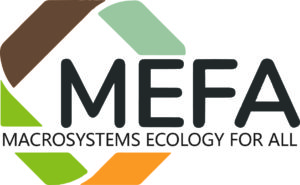
Macrosystems Ecology For All (MEFA) Kick-off Event
Are you interested in macrosystems ecology? Would you like to explore how to use publicly available large datasets in your classroom, and/or to tackle macrosystems research questions? Do you want to learn about how to get involved in new collaborative macrosystems ecology research alongside your undergraduate students? If so, then this event is for you!
Join us for our second event as we kick off a new NSF-funded Research Coordination Network, Macrosystems Ecology For All (MEFA)! At this 90-minute event, you will hear four macrosystems ecologists share their projects, details about useful datasets, engage in thinking about what types of datasets may be most appropriate for your research topics of interest, and learn all about the MEFA RCN and upcoming events!
Topic: Datasets for Macrosystems Research
Tuesday, April 4, 11:00a-12:30p EST
Event info
Zoom Registration, by March 28
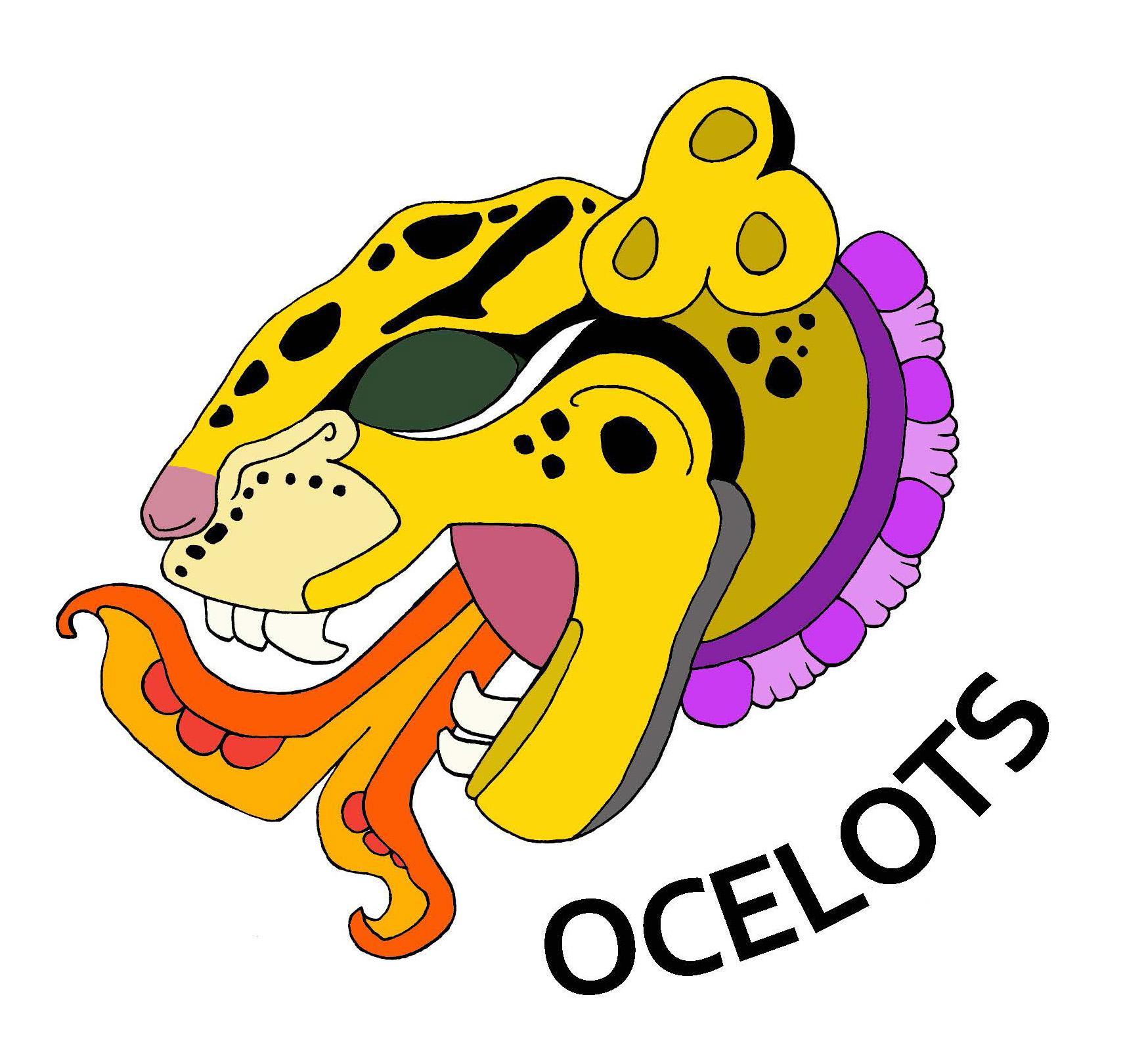
OCELOTS Networkshop
You are invited to Register for an OCELOTS Zoom meeting, a ‘Networkshop,’ to be held on March 21, 2023 at 9:00 am HST/ 3pm EDT
You must register to attend this Zoom meeting. Please use this link to register.
Topic: A presentation and discussion of a new OCELOTS module: Functional trait-based restoration: Can hybrid restoration enhance invasion resistance and ecosystem services?
Authors: Rebecca Ostertag and Nicole DiManno
Overview: In this age of the Anthropocene, restoration to a previous reference condition may not be feasible in all situations, due to lack of information, organization, invasive species, or climate change. When site improvement and enhanced ecosystem services are desirable, a valuable option may be hybrid ecosystems, in which species are planted together even if they did not coexist together historically. The Hawaiian Islands are known for a prevalence of non-native species, a portion of which are highly invasive and degrade ecosystems structure and function. A restoration experiment in an invaded lowland wet forest in Hilo, Hawaiʻi tests four different species combinations (teams)—using both native species and non-native non-invasive species—that were carefully chosen using functional trait theory. The teams were followed for five years to determine whether hybrid ecosystems can meet the objectives of increased carbon storage, regeneration of native biodiversity, resistance from invasive species, and low levels of maintenance. Because hybrid ecosystems represent a paradigm shift in restoration planning, opinions about the value and functions of non-native species will be challenged. This module ponders how supporting tropical forest recovery in the Anthropocene engenders hard decisions that restoration practitioners must confront about what species belong in an ecosystem and which tradeoffs are acceptable, in terms of biological desires and economic realities. This module works best with a class discussion component.
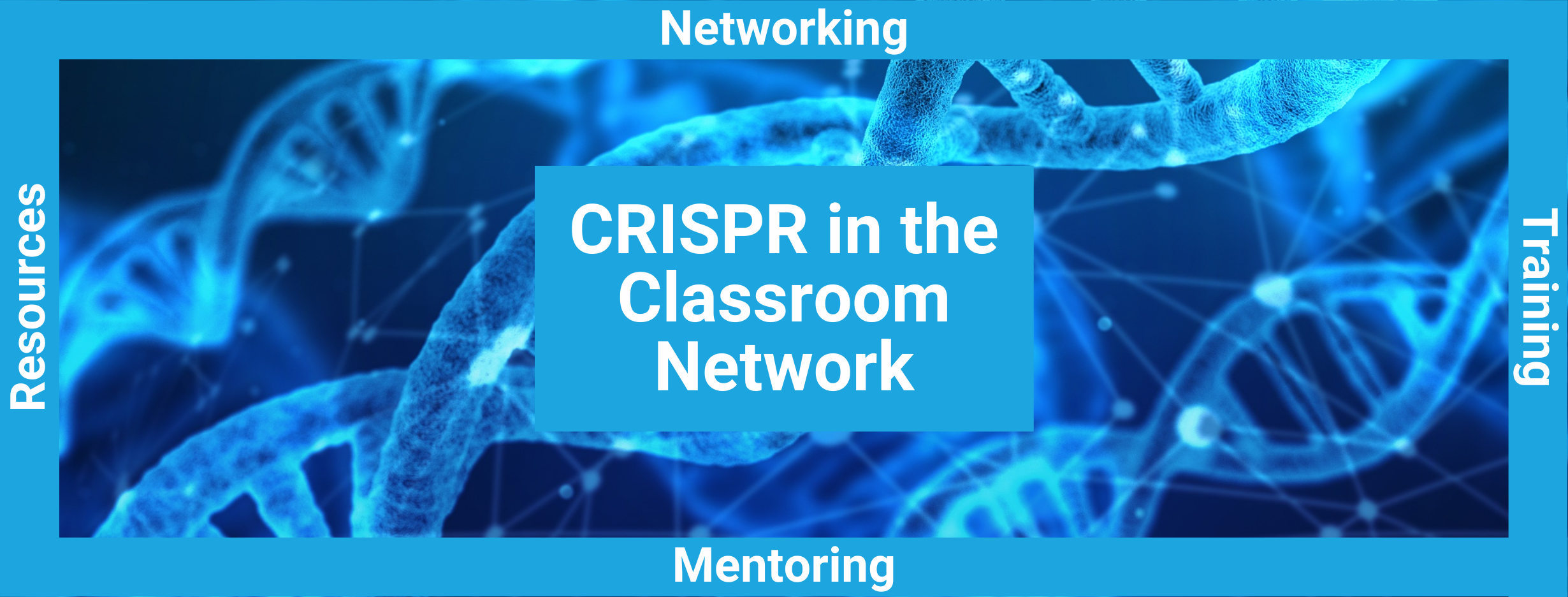
CRISPR in the Classroom Workshop
The CRISPR in the Classroom Network consists of educators who have successfully integrated CRISPR-Cas into their courses and are passionate about making CRISPR part of science education. This NSF funded project was designed to facilitate and support educators who would like to introduce this once in a generation technology into the classroom.
We are now accepting applications for our Summer 2023 workshop in Houston, TX. Apply now to join in the fun!
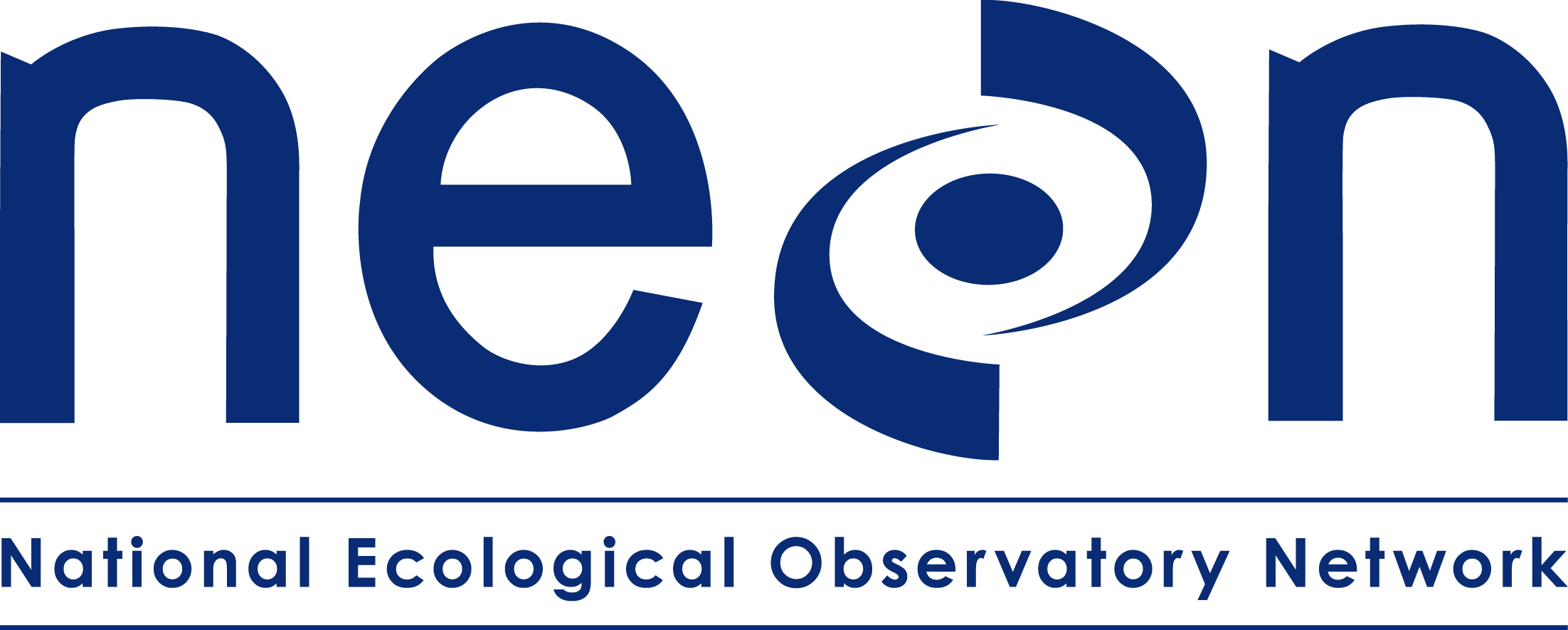 NEON Seeking Research Input NEON Seeking Research Input
NEON is seeking input from researchers actively using cloud computing resources. We want to understand how we might provide access and tools for NEON data for a growing community of researchers to leverage these powerful resources.
If you actively use cloud computing and are willing to provide your input, please let us know! We are also eager to hear of any of your colleagues that might be interested.
The context for this request is that NEON has partnered with Google to leverage their cloud infrastructure to increase the efficiency of internal data management, processing, and publication needs. From a data user perspective, we know there is a vast universe of potential tools from various sources (not just Google!) that are available to leverage cloud resources for NEON data users. We want to know which tools and approaches are valued by the community.
For those willing, we plan to convene a series of meetings in the coming months to learn from the cloud-savvy members of our community. That said, we are also open to a simple email describing your workflows if that is all you have time to provide. Thanks for all your support of NEON!
|
|
|
|
|
|